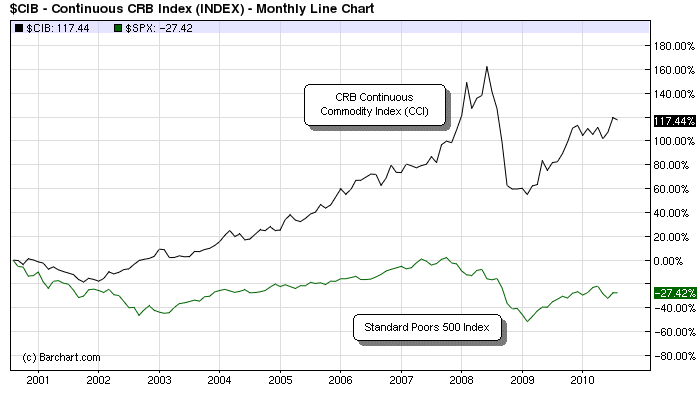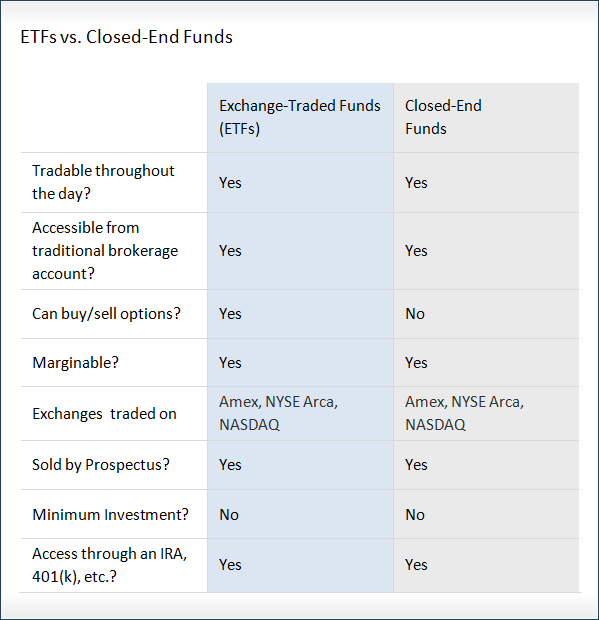Difference Between ETF and Index Funds
Post on: 28 Август, 2015 No Comment

Exactrades January 29, 2013 0
Every few years, financial firms construct a new financial instrument that will cater to the diverse needs of multifarious investors and organizations. Passive funds are attractive to investors because they provide returns with less management and lower transaction fees. Index funds were first introduced in 1975 while exchange-traded funds or ETFs were made known in 1993.
An index fund is a type of mutual fund that is structured to match the movement of a market index such as Standard & Poors 500 Index and Nikkei 225. The fund invests in the same proportion as the stock index. Most index funds require little or no human management at all they rely on computer screeners. ETF are almost the same as index funds except that it bundles different stocks from different sectors and trades it as one on the market. An ETF is traded on stock exchanges like regular stocks.
Valuation
The value of an index fund or ETF is based on the value of the stocks in the underlying index. Index funds are valued according to the net asset value or NAV at the end of the day. On the other hand, ETFs can be valued throughout the day. Since ETFs trade like a stock, an investor can quickly look up the approximate daily change of a commodity or sector with the ticker symbol of a tracking ETF.
Trading Costs
Trading costs are the costs incurred everytime an investor buys more shares or units of an index fund or ETF. No-load index funds do not charge trading costs. So an index fund investor can make multiple buys during the year and there are no trading costs involved. ETFs charge brokerage fees everytime you make a purchase. If an ETF investor makes more than one purchase per month, the fees will add up.
Dividends
Index funds have dividend reinvestment plans where dividends received are automatically reinvested into the fund. On the other hand, ETFs are required to accumulate dividends and interest until it is distributed to shareholders at the end of every quarter.
Minimum Amount
No-load index funds require a higher minimum amount as high as $50,000. If you want to invest in index funds, you need to load up on cash as much as that. On the other hand, ETFs have no minimum amount. But you have to hire a broker to put your purchases in order.

Tax Efficiency
ETFs are preferred by tax-conscious investors because they are more tax-efficient than index funds. ETFs are structured to eliminate the need to buy and sell stocks. This reduces capital gains because taxes are deferred until the securities are sold.
On the other hand, index funds buy and sell securities although with lower turnover than actively traded stocks. When an index fund sells the securities, it realizes the capital gains and thus, incurs tax.
In Sum
ETFs are flexible and convenient. They can be easily traded like stocks on the open market. ETFs also allow traders to bundle diversified stocks as if they were one. On the other hand, index funds are simple because there is no need for a broker to start investing. You can purchase an index fund through a bank and hold it for the returns.
A typical and simple passive investor will appreciate the simplicity of index funds. But, advanced and active traders will probably appreciate the stock-like quality of ETFs. Both investment vehicles have their own merits. The decision of the investor will then boil down to the specific dollars and cents involved.














